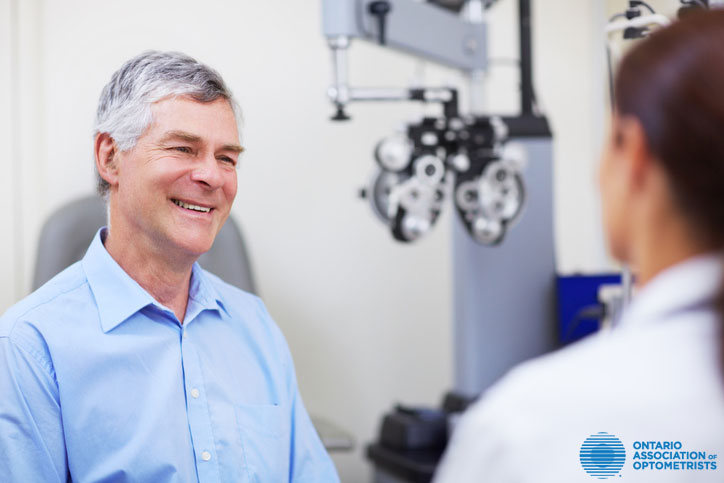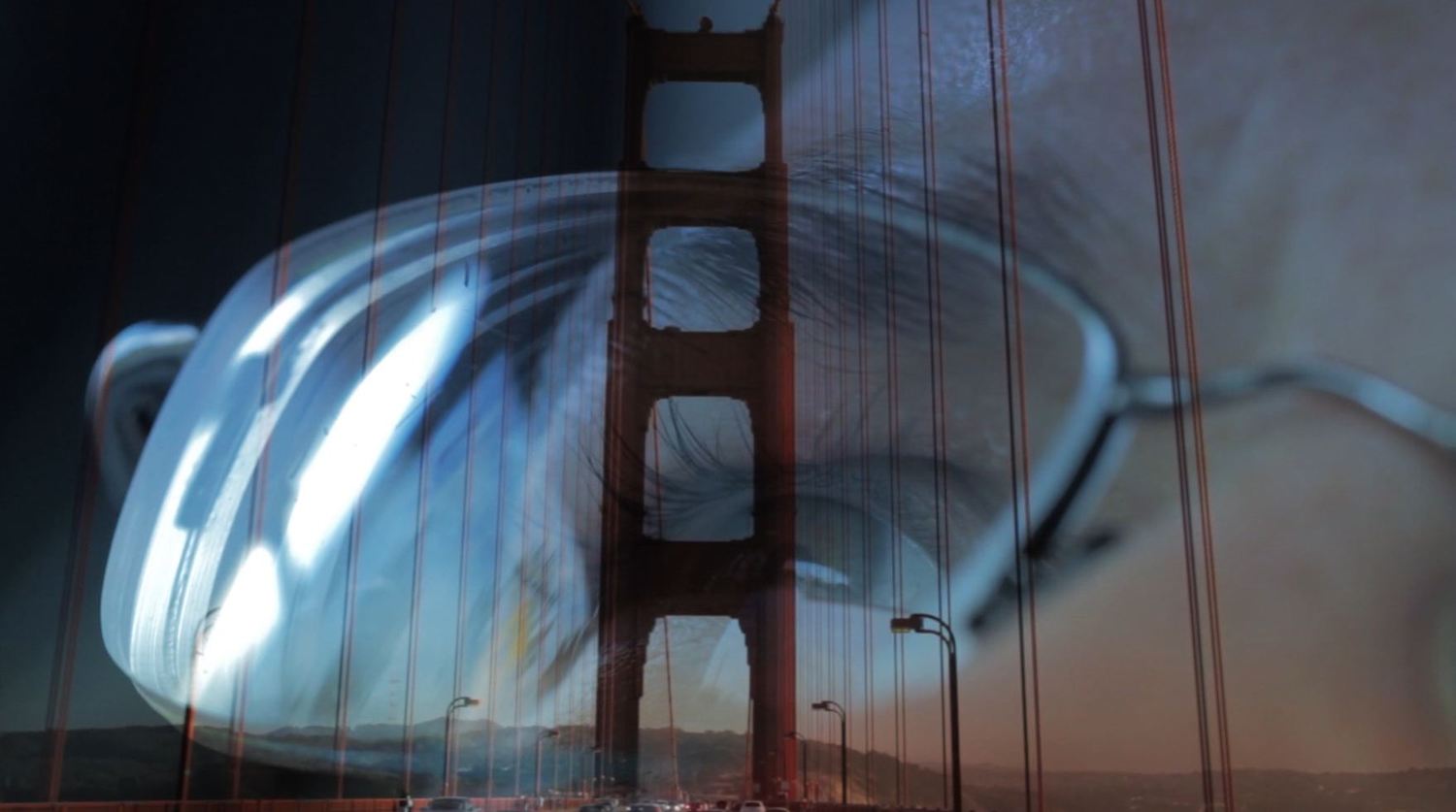Happy Thanksgiving to our American friends!
This is something I found last month, and it serves as a reminder to not take our vision for granted. Be grateful for your eyesight and your ability to see all the sale signs this weekend! Be grateful that you don’t need to rely on your other senses, because all the extra hustle and bustle would be very confusing for your ears. Be grateful for this amazing sense which allows you to gather information about the world around you, and remember to take care of your eyes.
Tod and Justin Purvis suffer from choroideremia, a condition which causes progressive blindness. It starts with difficulty seeing at night, and causes tunnel vision, which eventually extends to your central vision. 6 years ago, they took a trip across America to gather memories before going completely blind. They filmed the experience, which you can watch in their documentary, Going Blind. Tod Purvis went on the internet community Reddit to answer questions about his trip and what it is like to go blind.
Here are some interesting descriptions of his vision, from Tod Purvis:
“It’s hard to describe nothing. It’s not black, it’s like if you were looking through a tunnel, and the walls of the tunnel were made of mirrors and it reflected what was at the end of the tunnel”
“It’s all on the outside, I would say it’s blurry/fuzzy. Honestly there’s no such thing as BLACK to a blind person. There’s just nothing. It’s very hard to describe. One of the best scenes in a film, is in the film BLINDNESS, a children (who’s blind in the film) walks into a desk, that the audiences does not see and then it pops into view. That moment is EXACTLY how we see.”
“Close, [wear] sunglasses and smeared them with vaseline, and wore them all the time that would be kind of like it. [sic]”
“My vision was fine as a kid, I really didn’t notice it until my mid 30’s where I noticed the losing the outside and the night vision. Justin noticed it much earlier than I.”
Additional descriptions of vision loss from other users:
“Try this: Close both eyes, then hold your left eye closed, open your eyes and look out your right eye while keeping the left one held closed. Notice how your left vision just vanishes, but it doesn’t go black, it just doesn’t exist anymore. Try it with the other eye too.” – user KernelTaint
On why they took the trip:
“But we took the trip to put the memories in our brain where we could always call them up even if we completely lost our sight. There is an amazing scene in the film about a man who is almost totally blind who calls up his memories in order to live a full ‘visual’ life.”
The most beautiful places they visited:
Devil’s Tower in Wyoming, Glacier Park in Montana, Grand Canyon
Their film’s main message:
“”No matter what your situation … live your life to the fullest.”
————-
See the rest of their responses here : Choroideremia Ask Me Anything (NSFW)
They also created an award winning documentary about their experiences which can be found here: Driving Blind
To help support those with Choroideremia, you can donate to the causes listed here: Choroideremia.org and here: Blindness.org



